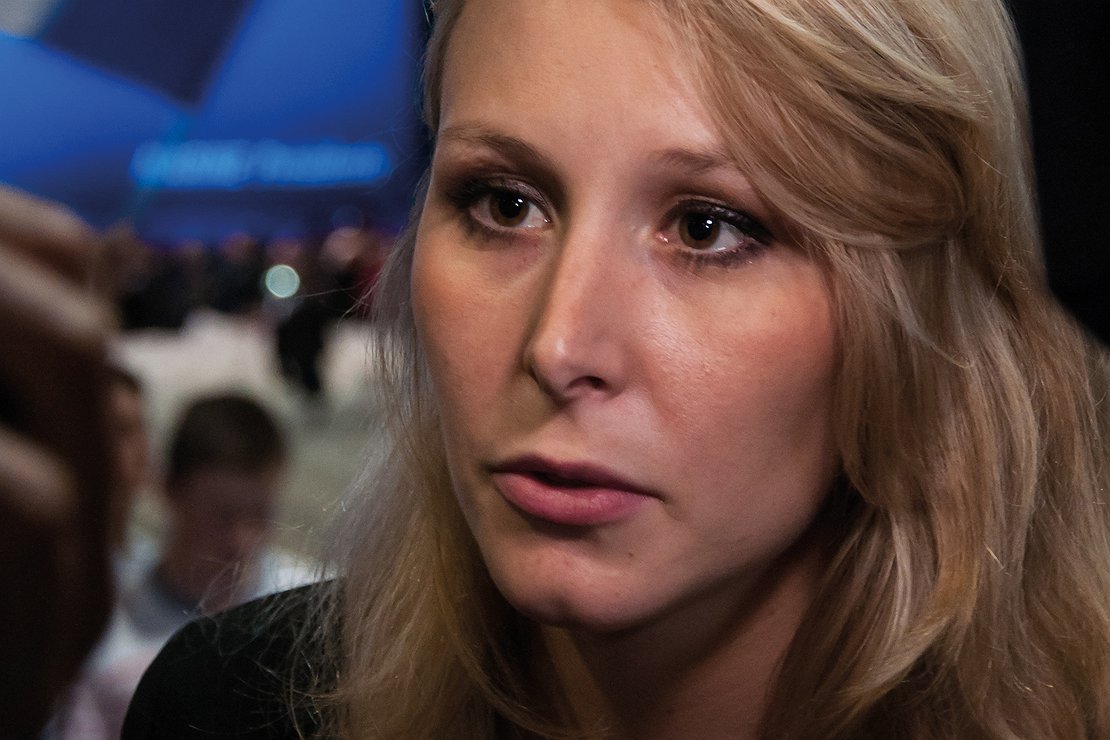
Bungling politics:Open Door and High Wall
Social conflicts very often arise when politicians try to maintain dysfunctional systems that cannot be maintained at all. Dysfunctional systems can be recognized by the fact that they only function, if all participants behave like saints and renounce acting at all in their own interests. Basically, if a system only works with saints, then it doesn’t work. The more dysfunctional a system is, the greater the moral demands on the individual. As an example: socialism needs heroes of work, the market economy only needs employees.
The trend toward raising barriers, currently evident in Europe, is not caused by ‘racism’ and ‘nationalism,’ but is the logical consequence of national and international asylum and refugee law. Asylum and refugee law inevitably leads to national isolation and restrictive border regimes. Why is this so?
Let's transfer the situation to a smaller world to imagine it better. Suppose you have a house with a garden around it. Now let’s imagine that a legal regulation says that you have to provide accommodation in your house for every passing hiker who reaches your front door and take care of him, if need be for weeks and months. There is no way for you to refuse him, because he has a legal right to it.
However, this right only applies when the hiker reaches your front door, but it doesn’t apply at the garden gate and not at the edge of the garden, which is a few meters from your front door. What are you going to do? I bet you will very soon build a very high wall around your garden and set up a very sturdy garden gate so that hikers can't reach your front door and claim shelter and full board.
The same applies to international asylum and refugee law. If, for example, a person is persecuted, tortured and threatened with death in the Congo, he or she cannot assert any claims against European states under existing national and international law. If a Nigerian reaches the coast of the EU for economic reasons, then the Geneva Convention on Refugees already applies to him, including a very broad range of claims; if he then moves further north from there and touches the soil of the Federal Republic of Germany, he’s entitled to claim from one of the most developed welfare and redistributive states in the world.
Asylum and refugee law thus guarantees the claims of everyone who makes it into the legal area in which these claims against the taxpayer apply. This means that, theoretically, every person on earth who reaches the territory of the Federal Republic of Germany is entitled to the socio-economic subsistence minimum, to health care and to a very expensive legal examination procedure. This procedure ends, in the greatest number of cases, not with repatriation, which itself is also expensive and strenuous, but with permanent residency. This, in turn, is linked to entitlement to a full basic provision of benefits, plus the entitlement, sooner or later, to get one's family, to which the same applies, to join one.
The only way to prevent the burden on taxpayers, therefore, is to prevent the rightful claimants – potentially every citizen of the world – from reaching the legal area in which these rights apply. In other words, the isolation, the walls and the restrictions on the free movement of persons are the logical consequence of national and international asylum and refugee law.
This applies to every person who reaches the territory of the Federal Republic of Germany and says the magic word “asylum.” The only reason why the system has not collapsed so far is that the path to Germany is still very difficult. If an airline were to be set up tomorrow to bring all potential asylum seekers to Germany without endangering life and limb, the tax burden would soon rise to 100 percent and the asylum and refugee system would collapse.
In other words, this system can only function at all because some major hurdles remain. Without walls, fences and geographical obstacles, the system would have collapsed long ago. A system that does not collapse, simply because in many places its opponents have won politically, can hardly be described as functioning.
The existing asylum and refugee crisis has nothing to do with globalisation, in the narrower sense of the word, but is a classic case of bungling politicians. Politicians often agree on slick soundbites to create a good image, trusting that no one will be so foolish as to follow through what they have decided to the very last consequence.
The founders of the German Constitution and the authors of the Geneva Refugee Convention, in their day, simply couldn’t have imagined that lawyers in a not so distant future would interpret their legal texts to mean that practically the entire human race could derive from them a legal right to asylum in Germany. Neither could they have imagined that millions of people would set off for Europe; they believed a few hundred or thousand people would assert their claims. The main problem is that international regulations tend to be adopted for all eternity, but are set in motion by people who, generally speaking, can only see a few years – if at all – into the future. The result is a paradox: a regulation originally created from a spirit of universal humanity ultimately, within the logic of the system itself, makes closed borders a practical necessity.
Translated from eigentümlich frei, where the original article was published on 15th October 2018.




